AI technology is revolutionizing smart homes by integrating AI assistants and tools that enhance efficiency, personalization, and energy optimization. AI startups are leading this AI innovation, developing devices that learn from user habits. However, as AI applications grow, concerns about AI ethics, privacy, and bias necessitate robust AI regulation. The future of AI in smart homes is linked to sustainable living and smart cities, promoting AI for climate change and creating new job opportunities. As AI continues to impact sectors like AI in healthcare, education, entertainment, and e-commerce, balancing AI creativity with ethical considerations is crucial to ensure AI technology benefits society while safeguarding privacy and individual rights.
In recent years, the rapid advancements in artificial intelligence (AI) and machine learning have begun to reshape the fabric of our daily lives, with smart homes standing at the forefront of this transformation. As AI breakthroughs continue to propel the future of domestic automation, the integration of AI technology in our living spaces is not just a futuristic concept but a present reality. From intelligent AI assistants to sophisticated deep learning algorithms, smart homes are evolving into hubs of innovation, enhancing both efficiency and comfort in unprecedented ways. This article delves into the landscape of AI applications within domestic settings, exploring the groundbreaking innovations that are driving the future of AI in our homes.
While the promise of AI in smart homes brings unparalleled convenience and personalization, it also raises important questions about AI ethics and privacy. As AI startups and established tech giants alike vie to develop the next wave of AI tools and applications, navigating the challenges of AI regulation becomes crucial to ensuring a secure and ethical integration of AI technology in our private spaces. Join us as we explore the multifaceted world of AI and smart homes, examining the innovations, applications, and ethical considerations that are shaping the future of domestic life.
- 1. "AI Breakthroughs in Smart Homes: Transforming Domestic Automation"
- 2. "From AI Assistants to Deep Learning: The Future of AI in Home Automation"
- 3. "AI Technology and Smart Homes: Innovations Driving the Future of Domestic Life"
- 4. "AI Applications in Domestic Settings: Enhancing Efficiency and Comfort"
- 5. "AI Ethics and Privacy in Smart Homes: Navigating the Challenges of AI Regulation"
1. "AI Breakthroughs in Smart Homes: Transforming Domestic Automation"
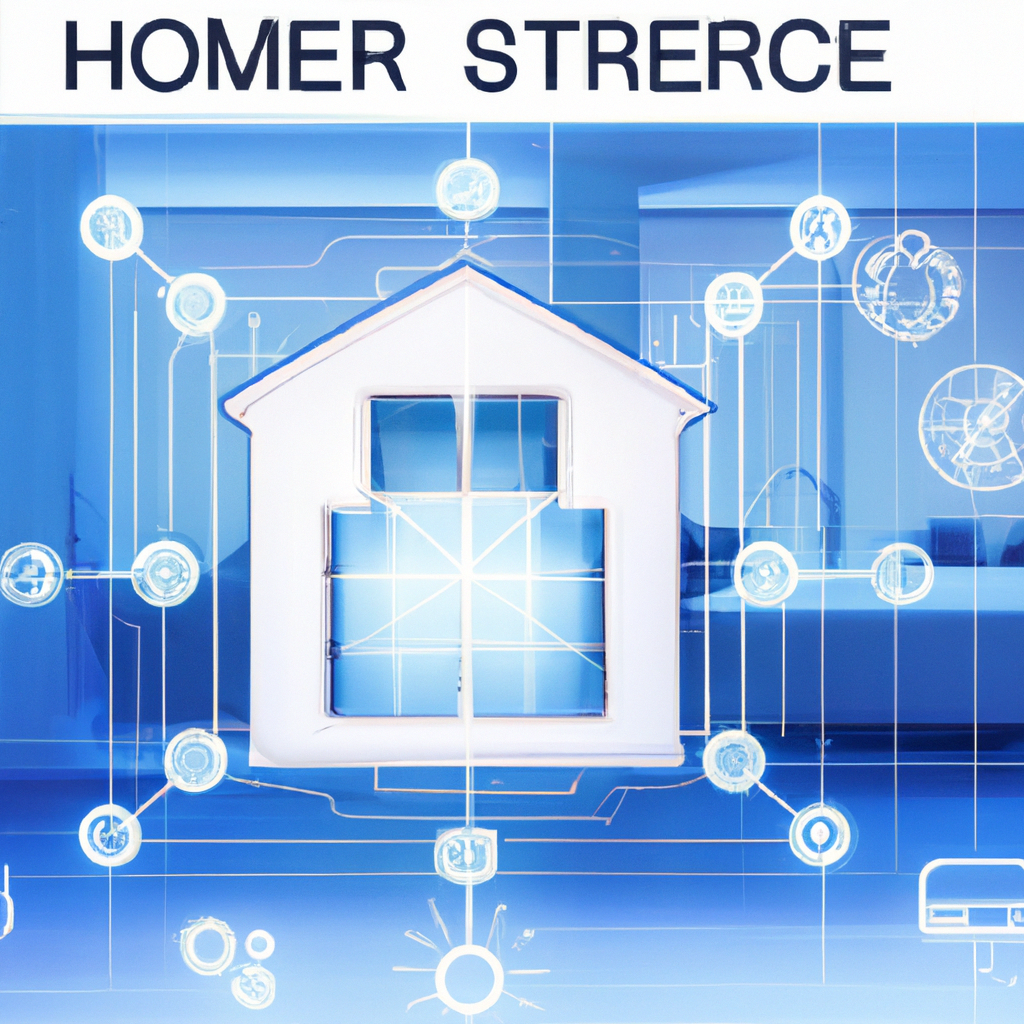
In recent years, AI breakthroughs have significantly impacted smart homes, transforming domestic automation and redefining how we interact with our living spaces. Artificial intelligence, particularly through machine learning and deep learning, has enabled a new wave of smart home devices that are more intuitive, efficient, and responsive than ever before. These AI tools are not only enhancing convenience but also driving the future of AI in domestic environments, setting the stage for more personalized and adaptive living spaces.
AI startups are leading the charge in developing innovative AI applications that seamlessly integrate into our daily lives. From AI assistants that manage our schedules to smart thermostats that optimize energy consumption, the possibilities for AI technology in smart homes are vast. These advancements are part of a broader trend where AI is increasingly being utilized across various sectors, including AI in healthcare, education, entertainment, and even AI in climate change solutions.
In terms of AI innovation, smart homes are at the forefront of exploring how AI can improve quality of life. For instance, voice-activated AI assistants have become central to managing home automation systems, allowing users to control lighting, security, and appliances with simple voice commands. This level of control and customization highlights the future of AI in creating smart cities and more integrated living environments.
However, with these advancements come challenges such as AI ethics and AI regulation, particularly concerning AI privacy and AI bias. As AI-generated content and AI creativity continue to evolve, ensuring that AI applications respect user privacy and avoid reinforcing biases is crucial. Balancing innovation with responsible AI development will be key to maintaining trust and ensuring that AI in smart homes truly enhances our lives.
As AI continues to evolve, the integration of AI in business and domestic settings will likely lead to further AI breakthroughs, offering new solutions and possibilities. Whether it's through AI in e-commerce, AI in media, or AI in transportation, the impact of AI on our homes and beyond will shape the future of domestic automation, bringing us closer to a more connected and intelligent world.
2. "From AI Assistants to Deep Learning: The Future of AI in Home Automation"
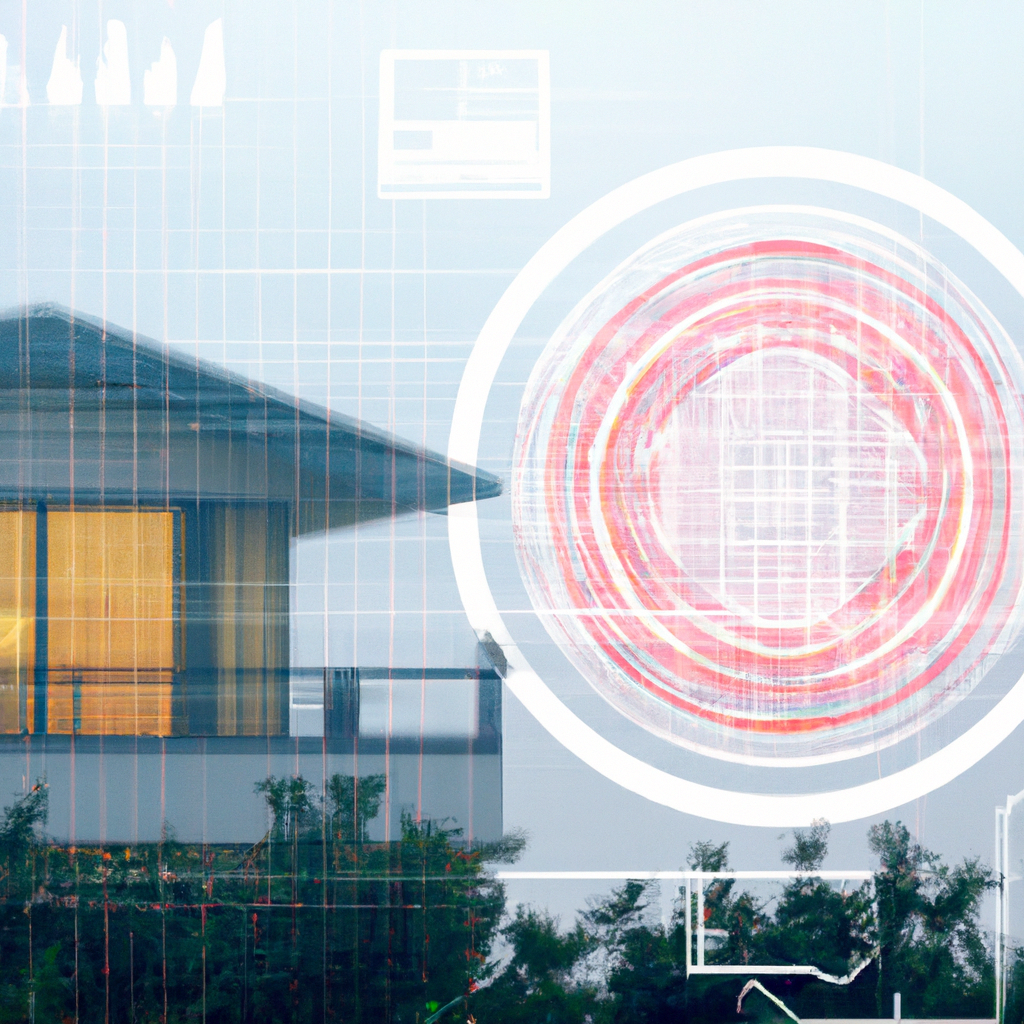
As we venture into the era of advanced artificial intelligence, the integration of AI technology in smart homes is revolutionizing domestic automation. The journey from basic AI assistants to sophisticated deep learning systems marks a significant stride in enhancing the future of AI in home environments. Initially, AI assistants like Amazon's Alexa and Google Assistant transformed our interaction with home devices, allowing voice-activated commands to control lighting, security, and entertainment systems. Today, machine learning and deep learning are propelling these capabilities to unprecedented levels, enabling AI to learn and adapt to our preferences, routines, and even anticipate our needs.
AI breakthroughs in deep learning have led to the development of more intuitive and personalized smart home solutions. By analyzing vast amounts of data, AI applications can optimize energy usage, improve security systems, and even predict maintenance needs before issues arise. This not only enhances convenience but also contributes to sustainability efforts, aligning with AI for climate change initiatives. Furthermore, AI startups are continuously innovating, introducing cutting-edge tools that integrate seamlessly with existing smart home infrastructures.
However, as artificial intelligence becomes more embedded in our daily lives, it raises important questions about AI ethics and AI regulation. The balance between leveraging AI creativity and ensuring AI privacy is crucial, especially as these systems collect and process personal data. Concerns about AI bias and AI and jobs also emerge, as automation could potentially impact employment opportunities and perpetuate existing inequalities if not carefully managed.
The future of AI in home automation holds immense potential, with implications that extend beyond domestic settings. As AI technology continues to evolve, its applications in various sectors—such as AI in healthcare, AI in education, and AI in transportation—will likely intersect, creating a holistic and interconnected ecosystem. The rise of smart cities, powered by AI innovation, promises a future where our homes are not just isolated hubs of automation but integral components of a broader, intelligent urban landscape.
In this rapidly advancing field, the role of AI in media, AI-generated content, and AI art further illustrates the creative possibilities that await. As we harness deep learning and AI tools to enhance our homes, the focus must remain on fostering innovation while addressing the challenges of AI bias, privacy, and regulation to ensure a future where artificial intelligence serves as a beneficial ally in our everyday lives.
3. "AI Technology and Smart Homes: Innovations Driving the Future of Domestic Life"
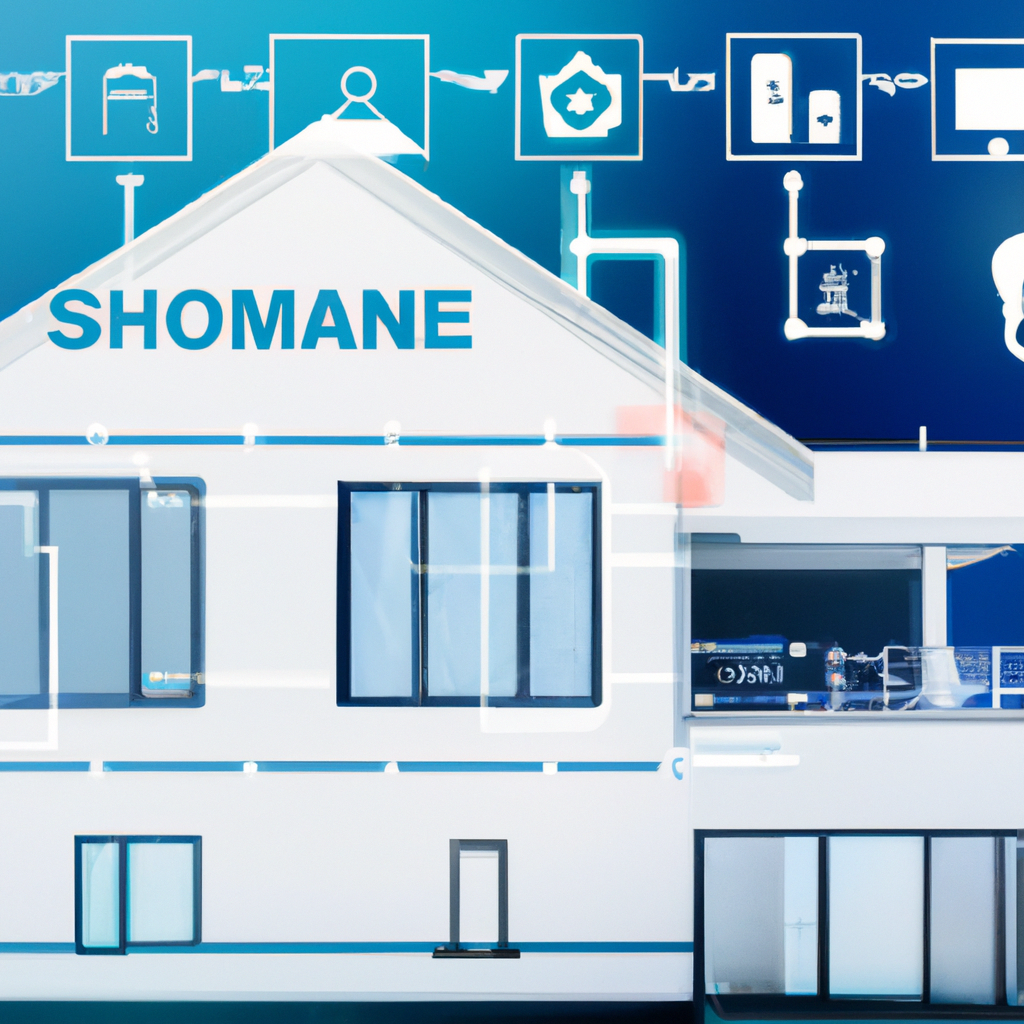
Artificial intelligence (AI) technology is rapidly transforming the way we live, particularly through its integration into smart homes. As AI innovations continue to evolve, they are driving significant changes in domestic life, making homes not only more efficient but also more personalized and responsive to the needs of their inhabitants. AI breakthroughs in machine learning, deep learning, and AI applications are at the forefront of this transformation, offering a glimpse into the future of AI-driven homes.
One of the most notable AI innovations in smart homes is the development of AI assistants. These intelligent systems can perform a myriad of tasks, from managing household schedules to optimizing energy use, thus enhancing the overall living experience. AI tools are becoming increasingly sophisticated, with AI startups leading the way in creating devices that learn from and adapt to their users' habits and preferences. For instance, AI-powered thermostats can adjust heating and cooling based on occupancy patterns, while AI in transportation is streamlining the integration of electric vehicles with home energy systems.
AI technology also plays a crucial role in enhancing home security. Deep learning algorithms enable smart cameras and surveillance systems to differentiate between normal activities and potential threats, providing homeowners with peace of mind. In addition, AI in media and entertainment is revolutionizing the way we consume content within our homes, offering personalized recommendations and AI-generated content that cater to individual tastes.
As AI continues to redefine domestic automation, it raises important considerations around AI ethics and AI privacy. The collection and use of personal data by AI systems necessitate robust AI regulation to protect users' rights and prevent AI bias. Moreover, AI in e-commerce is transforming shopping experiences, allowing for seamless integration with smart home devices to automate purchases and deliveries.
Looking ahead, the future of AI in smart homes is closely tied to developments in AI for climate change and smart cities. AI applications that promote energy efficiency and sustainable living will be crucial in addressing global environmental challenges. Furthermore, AI and jobs will see new opportunities as domestic automation creates demand for skilled professionals in AI technology and maintenance.
In conclusion, AI and smart homes represent a dynamic frontier in the future of domestic life. As AI creativity and innovation continue to push the boundaries of what is possible, we can anticipate a world where our homes are not only more intelligent but also more attuned to our lifestyles and values.
4. "AI Applications in Domestic Settings: Enhancing Efficiency and Comfort"
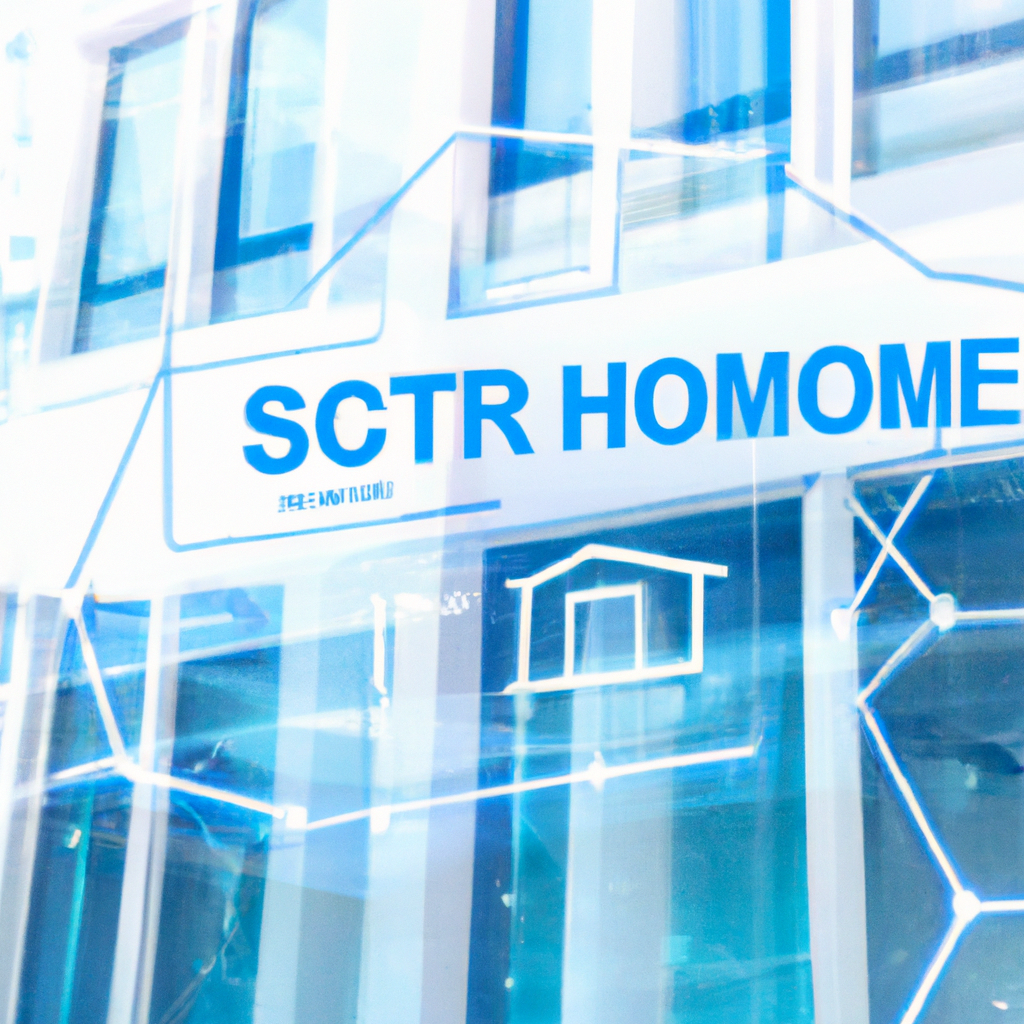
Artificial intelligence (AI) is revolutionizing domestic environments by transforming traditional homes into smart homes, where efficiency and comfort are seamlessly integrated. Through cutting-edge AI applications, homeowners can now experience unparalleled convenience and control over their living spaces. AI-powered assistants, such as Amazon's Alexa and Google Assistant, have become integral to daily routines, effortlessly managing tasks from setting reminders to controlling smart appliances with simple voice commands. This is just one example of how AI tools are enhancing comfort in domestic settings.
Machine learning and deep learning technologies are at the heart of these innovations, enabling smart homes to learn from user preferences and behaviors. For instance, AI systems can optimize energy consumption by adapting heating and lighting based on occupancy patterns and weather forecasts, contributing to both comfort and sustainability. This not only reduces utility bills but also aligns with future-oriented goals of AI for climate change mitigation.
AI startups are driving many of these innovations, introducing breakthroughs that are reshaping our interactions with home environments. From smart refrigerators that track food inventory and suggest recipes to AI in e-commerce platforms that recommend home products, the applications are vast and varied. These advancements are a testament to the future of AI in optimizing domestic efficiency.
However, as AI continues to permeate our homes, considerations around AI ethics and AI privacy become increasingly critical. Ensuring that AI technology respects user data and privacy is paramount to building trust and acceptance among consumers. Regulatory frameworks will need to evolve to address these concerns, balancing AI innovation with safeguarding personal information.
The integration of AI in smart homes is not an isolated development but part of a broader movement towards smart cities and interconnected living. As AI technology advances, we can anticipate even more sophisticated applications, further enhancing the synergy between comfort and efficiency in our domestic lives. With AI-driven automation, the vision of a future where homes anticipate and cater to our needs is rapidly becoming a reality.
5. "AI Ethics and Privacy in Smart Homes: Navigating the Challenges of AI Regulation"
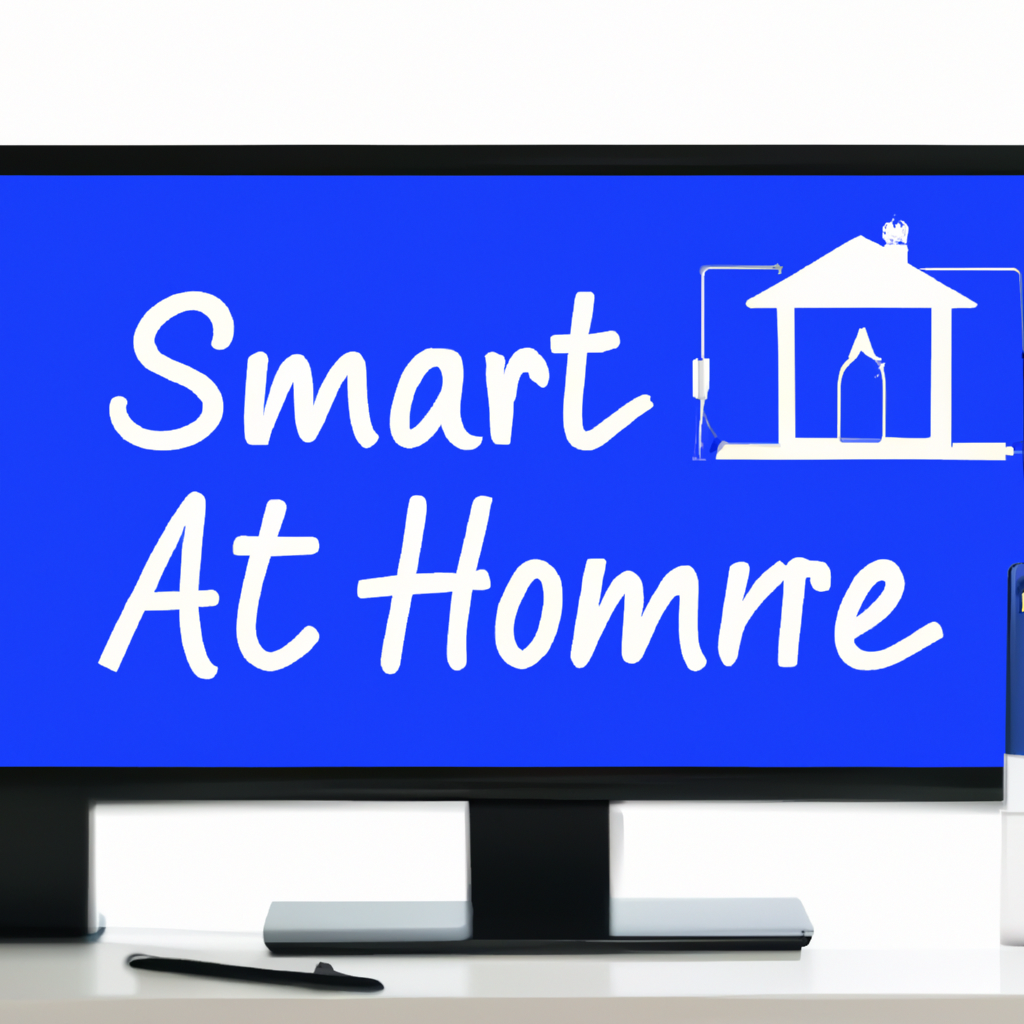
As artificial intelligence continues to revolutionize domestic environments through smart homes, the conversation around AI ethics and privacy becomes increasingly pertinent. The future of AI in this domain hinges on successfully navigating the challenges posed by AI regulation. With AI applications permeating various facets of daily life, from AI assistants to AI-generated content, ensuring ethical implementation is crucial.
AI ethics encompasses a broad spectrum of considerations, particularly in smart homes where AI tools and machine learning algorithms constantly gather data to enhance user experience. The potential for AI breakthroughs in creating more intuitive and efficient living spaces is immense, but it also raises significant concerns about data privacy. The integration of deep learning and AI technology in smart cities and homes necessitates stringent AI regulation to protect individual privacy rights while fostering innovation.
AI startups and established companies alike must prioritize transparency and accountability in their AI innovation strategies. This involves tackling issues like AI bias, which can lead to unintended discrimination, and ensuring that AI applications respect user consent and data ownership. As AI in healthcare, AI in education, and AI in transportation continue to evolve, adopting robust ethical standards becomes paramount.
The future of AI also requires careful consideration of its societal impacts. AI in business and AI in e-commerce can drive economic growth, but they must be balanced against potential infringements on consumer privacy. Similarly, AI in media and AI creativity offer exciting possibilities for entertainment and art, yet they must operate within ethical boundaries to prevent misuse.
Navigating the complexities of AI regulation is a collective responsibility. Policymakers, AI researchers, and industry leaders must collaborate to create frameworks that safeguard privacy while enabling the transformative potential of AI technology. As we look towards the future of AI, fostering a culture of ethical AI development will ensure that smart homes and other AI applications contribute positively to society, without compromising individual rights or freedoms.
In conclusion, the integration of artificial intelligence into smart homes represents a significant leap forward in domestic automation, promising to redefine how we interact with our living spaces. As AI breakthroughs continue to emerge, AI startups are at the forefront of developing innovative AI tools that enhance the efficiency and comfort of our homes. From intuitive AI assistants to sophisticated deep learning systems, the future of AI in home automation is vibrant and full of potential.
However, as we embrace these advancements, it is crucial to address the ethical and privacy concerns that accompany the proliferation of AI technology in our daily lives. Navigating the challenges of AI regulation and ensuring responsible AI applications will be essential to harnessing the full benefits of this technology while safeguarding individual rights and privacy.
Looking ahead, the innovations driving the future of domestic life will likely spill over into other sectors such as AI in healthcare, education, and even smart cities, further intertwining AI with various aspects of our existence. As AI continues to evolve, its role in shaping the way we live, work, and interact will only grow, opening new avenues for AI in business, transportation, and beyond.
Ultimately, the journey towards fully automated smart homes underscores the broader narrative of AI and its transformative impact on society. By fostering a balanced approach that emphasizes AI ethics and innovation, we can look forward to a future where artificial intelligence not only enhances our domestic environments but also contributes positively to global challenges like climate change and urbanization. As we stand on the cusp of this AI-driven era, the opportunities are vast, and the future is promising.



